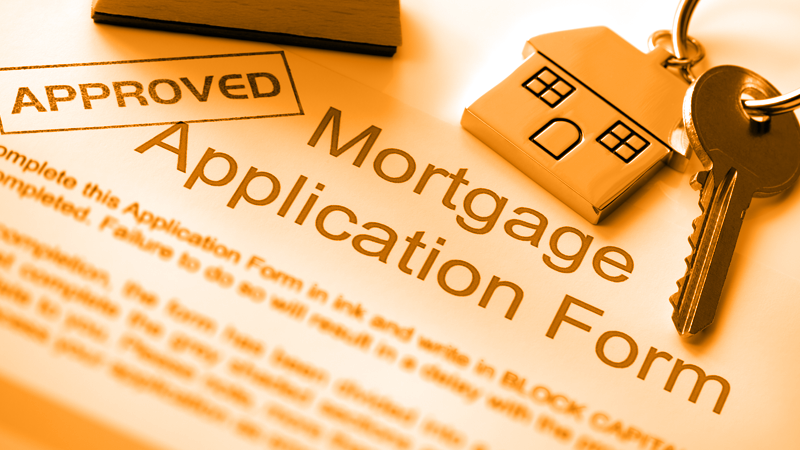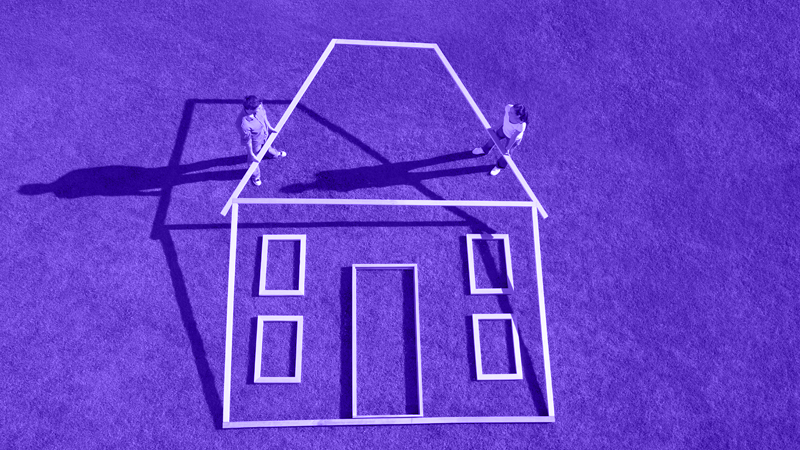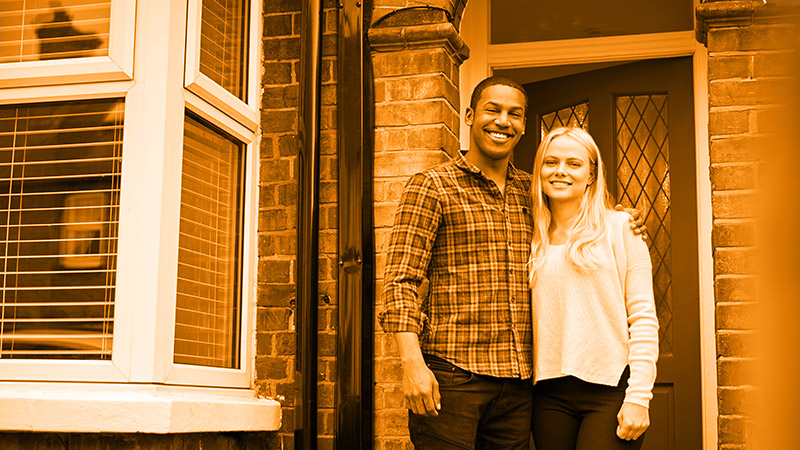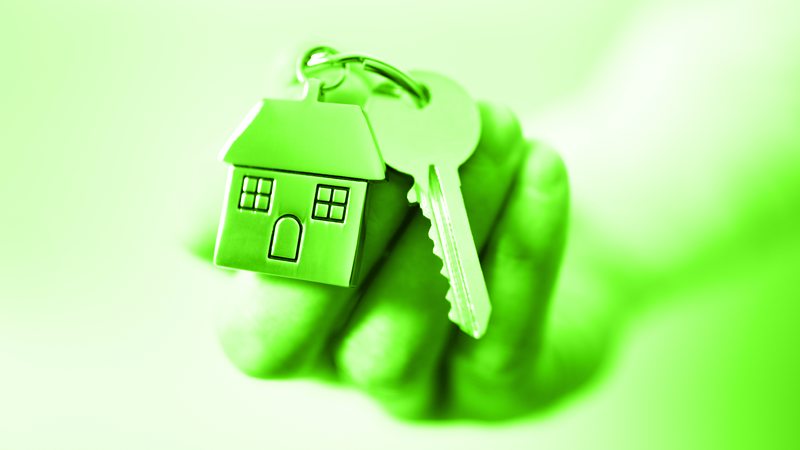How much do I need to earn to get a mortgage of £250,000? And what should you expect the repayment terms to be?
Property prices have fluctuated over recent years however the overall trend tends to be a positive increase.
Higher house prices may be the result of the supply and demand of available property within an area, the reputation of an area improving or local investments resulting in an increase in amenities.
All of which in turn often results in higher value mortgages being required for potential buyers.
In this guide, we will explore the higher lending options available on the financial market including mortgages for £250,000 and above, as well as the application criteria and the process of how to access the financial products.
How much do I need to earn to get a £250,000 mortgage?
Like other financial product applications, there are borrowing criteria set by each lender.
The mortgage application and underwriting process are the same for higher value mortgages as it is with other mortgages, however, lenders may wish to undertake further due diligence and checks due to the increased level of risk involved.
How much you’ll be able to borrow is dependant on a variety of factors, which include:
- Source of income
- Loan-to-income ratio
- Loan-to-value ratio
- Affordability
- Credit history
- Age
Source of Income
An applicant’s income level as well as the consistency of income will need to be reviewed by a potential lender.
Proof of income will be required to be submitted via documentation such as payslips and P60s.
Lenders will often be keen to accept mortgages applied for by professionals who are deemed to be high earning and in secure roles.
In addition, mortgage lenders will look favourably at applicants who are in permanent employment as opposed to a temporary contract and therefore this is worth considering ahead of making an application.
This means that if you are self-employed or on a temporary contract you may have more difficulty, especially with traditional high street lenders.
Related guides:
- When was my house built?
- Buying out a sibling from an inherited house
- How long does it take to release mortgage funds?
- Does a valuation mean that a mortgage is approved?
- Mortgage lenders that accept benefits
- Can I extend my interest-only mortgage term?
loan-to-income ratio
The loan-to-income ratio is the total size of your mortgage loan vs your annual income. At present, the maximum amount you can borrow is around 4 times your annual income. However, in some cases, they may offer more or in other cases less than this amount.
Having this figure in mind can be helpful, but lenders typically use other factors to judge your application too, for example, the loan-to-value ratio and your affordability.
loan-to-value ratio
The loan to value ratio is basically the size of your mortgage balanced against the value of the property you want to purchase. This term is often explained as a percentage.
For example: If your mortgage was £100,00 against a £125,000 house or property then the LTV ratio is 80%. The remaining £25,000 is made up by the deposit.
Typically, lenders will be ok offering around 80% mortgages, therefore, if you have enough deposit to cover around 20% of the property cost, you should be able to borrow up to 4.5 times your annual income.
However, other factors are still considered, including affordability.
Affordability
The lender will want to know you can truly afford your repayments, even when major changes occur, such as inflation of bills and interest rate rises.
As a result, lenders will assess your current expenses and outgoings to determine your affordability.
It’s a wise idea to reduce your non-essential spending months ahead of making a mortgage application. This is probably the case anyway if you have been saving a deposit.
Also, see how much you can reduce your essential spending – for example, try doing your shopping at cheaper places.
If you can demonstrate that you can easily cover your monthly outgoings and make your mortgage payments you should be able to borrow the amount you want.
Need more help? Check our quick help guides:
- Reasons why a mortgage could be declined on affordability.
- How reliable is a mortgage in principle?
- How do joint mortgages work?
- Can you get a mortgage on a fixed-term contract?
Other factors that affect getting a £250,000 mortgage
Here are some other common factors that are considered when determining whether you can borrow a mortgage of 4.5 times your annual income or not:
- Monthly Expenditure – An applicant’s typical monthly expenditure will also be analysed during the process of reviewing a mortgage application through the submission of bank statements. This process is to ensure that affordability checks can be undertaken, ensuring that the mortgage repayments are manageable. It is worth noting that certain types of transactions can raise alarm with potential lenders such as debt repayments to multiple credit cards or store accounts, as well as gambling payments.
- The size of the deposit – The value of the deposit to be put down against the total property cost will calculate the loan to value percentage of the mortgage application. Lenders will consider applicants with a higher deposit as more favourable as this will reduce the risks of lending.
- An applicant’s financial history and current credit score – The applicant’s credit history will impact the outcome of a mortgage application as well as the current credit score. Bankruptcy, CCJ’s or missed loan repayments will severely impact a credit score for many years and therefore should there be any concerns regarding your history of managing your personal finances, it would be worth discussing matters with a mortgage advisor ahead of an application.
- The property details – The property’s value and condition will be assessed during the mortgage application process via a property valuation. There are some types of properties that lenders will not provide finance for and therefore if there are any concerns regarding the condition of the property, it would be worth investigating these before progressing with an application.
- The type of mortgage desired – There are an array of mortgage options available on the market and therefore ahead of an application it would be worth researching what would be most suitable. A mortgage advisor can assist you with this.
What are the income levels required to obtain a 250,000 mortgage?
This can vary from lender to lender as lending criteria and income multiples can vary, but as mentioned previously typically, lenders will be ok offering around 80% mortgages, therefore, if you have enough deposit to cover around 20% of the property cost, you should be able to borrow up to 4.5 times your annual income.
In certain circumstances, a mortgage advisor may be able to access higher Loan to Income mortgages. Therefore, should your income not meet the current set multipliers resulting in the mortgage value needed, it maybe be beneficial to approach a specialist mortgage advisor.
What will a 250k mortgage cost me?
The cost of your mortgage repayments will vary depending on a variety of factors including the interest rate, your repayment period and the amount of deposit provided.
What kind of mortgages are available?
A fixed-rate mortgage means that your repayments will be the same for the entire term e.g. 2 to 5 years typically.
If you are on a variable rate mortgage then your interest rate may change.
How long will the mortgage period be?
The most common repayment period is 25 years, but it’s possible to secure a longer or shorter repayment term.
A longer repayment term usually translates to lower monthly repayments, since it means you have a longer period of time to pay back the loan. That also means you will be paying back a greater amount in total.
Can I obtain a £250,000 mortgage with a deposit of 5%?
Although a higher value mortgage with a low deposit may be harder to find on the open financial market, there will be a handful of lenders that will be willing to consider lending at 95% of the property value, or loan to value rate.
In such situations, it would be highly recommended that a mortgage advisor is approached to assist with finding appropriate lenders as well as seeking the most favourable mortgage terms.
Related guides:
- Mortgage 5 times salary.
- Can you get a mortgage on land?
- Refurbishment mortgages.
- Part and part mortgages.
- HMO mortgages.
Can I get a mortgage for £250,000 summary
Higher value mortgages i.e. a 250,000 mortgage are more common these days due to the increases seen within property prices over recent years. As discussed, there are strict criteria that will need to be met before a lender would agree to offer high-value mortgages.
As with any financial decision, it is highly recommended to seek mortgage advice before making a commitment, ensuring that all terms and conditions are fully understood.
Independent advisors will also have access to the whole of the market, rather than just high street lenders and therefore will often be able to compare a wide range of options across an array of lenders.
It is worth noting that all secured lending will have consequences to owned assets if the repayments are not kept up. These include, but are not limited to, an impact on a person’s credit score and in worst cases, repossession.
Call us today on 01925 906 210 or contact us. One of our advisors can talk through all of your options with you.
Further reading:

















